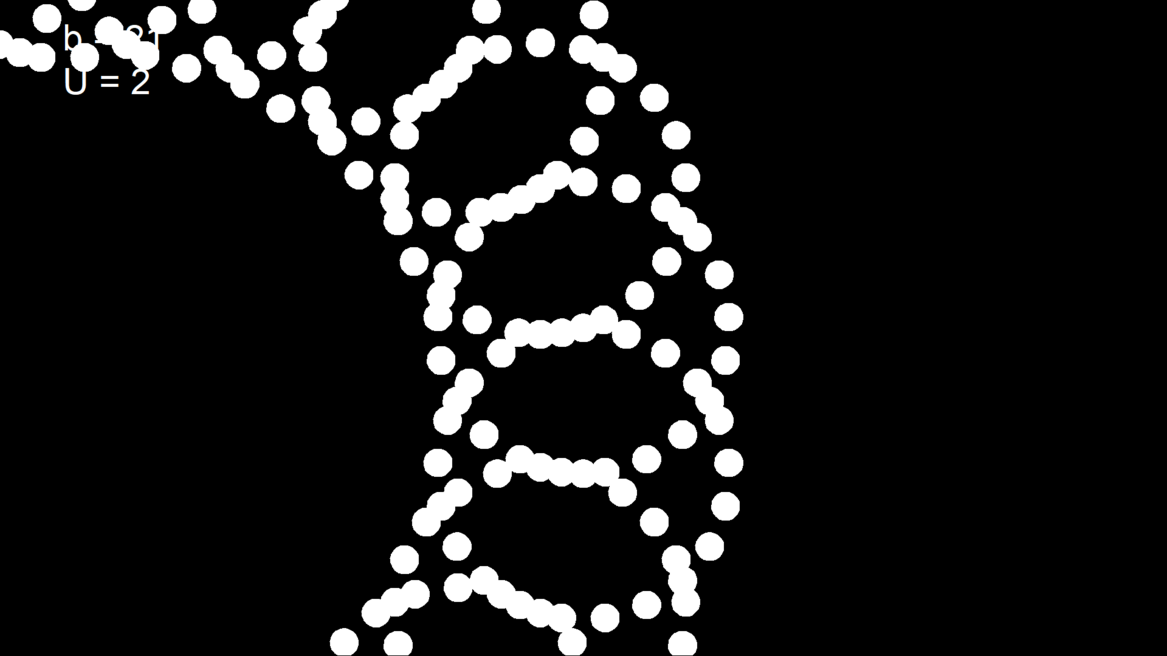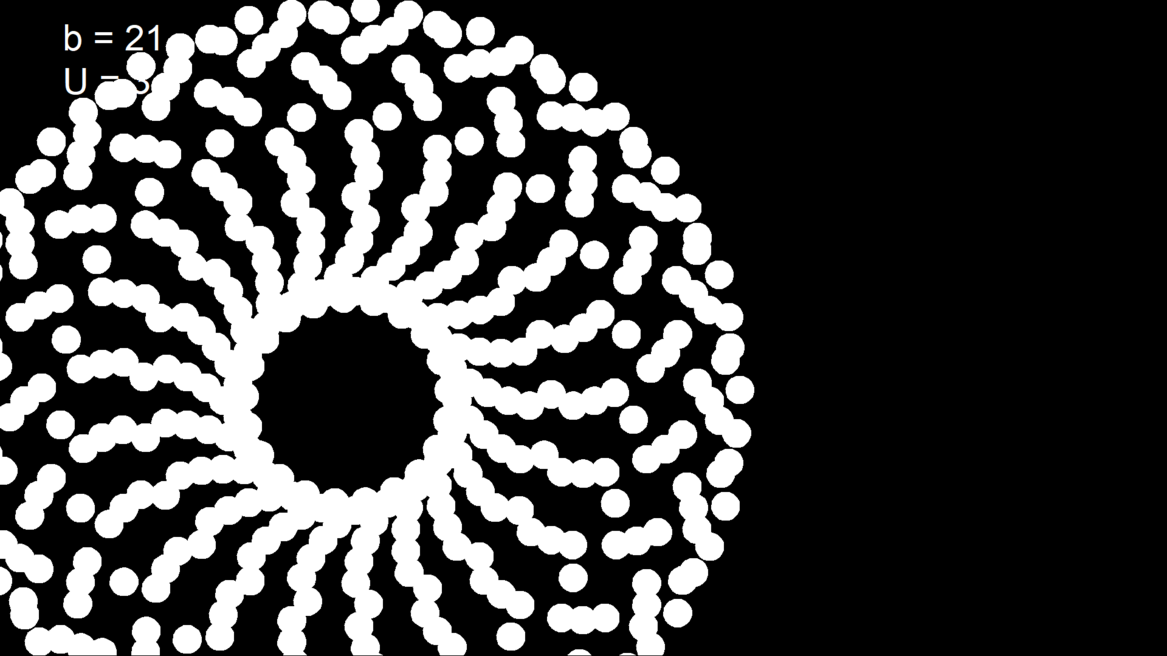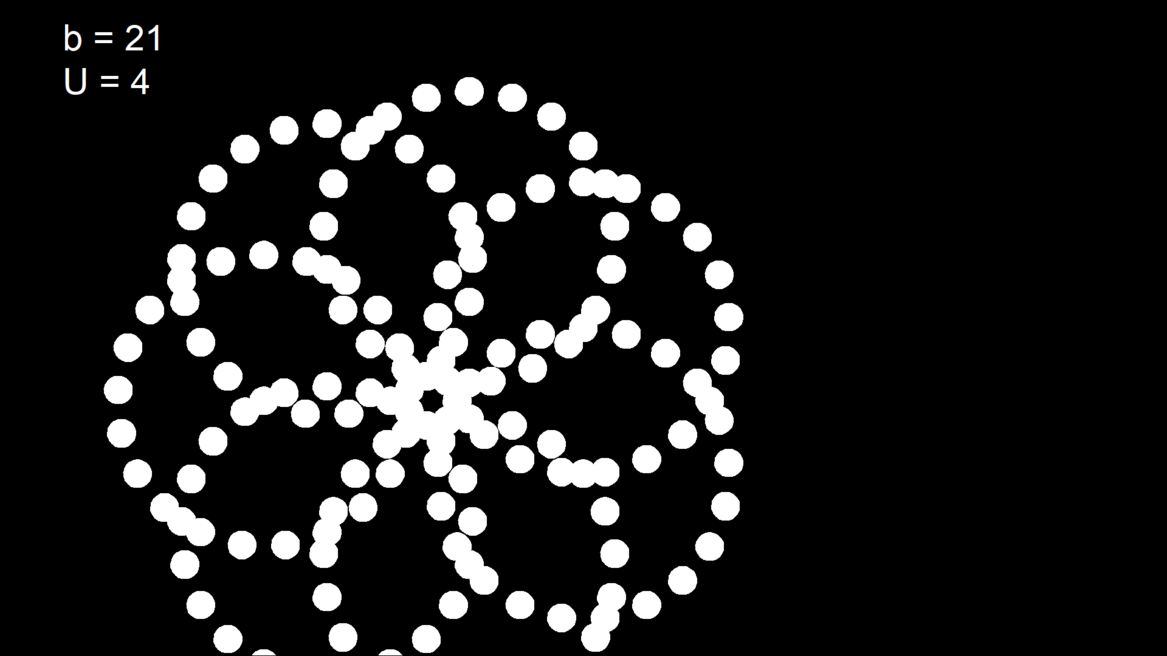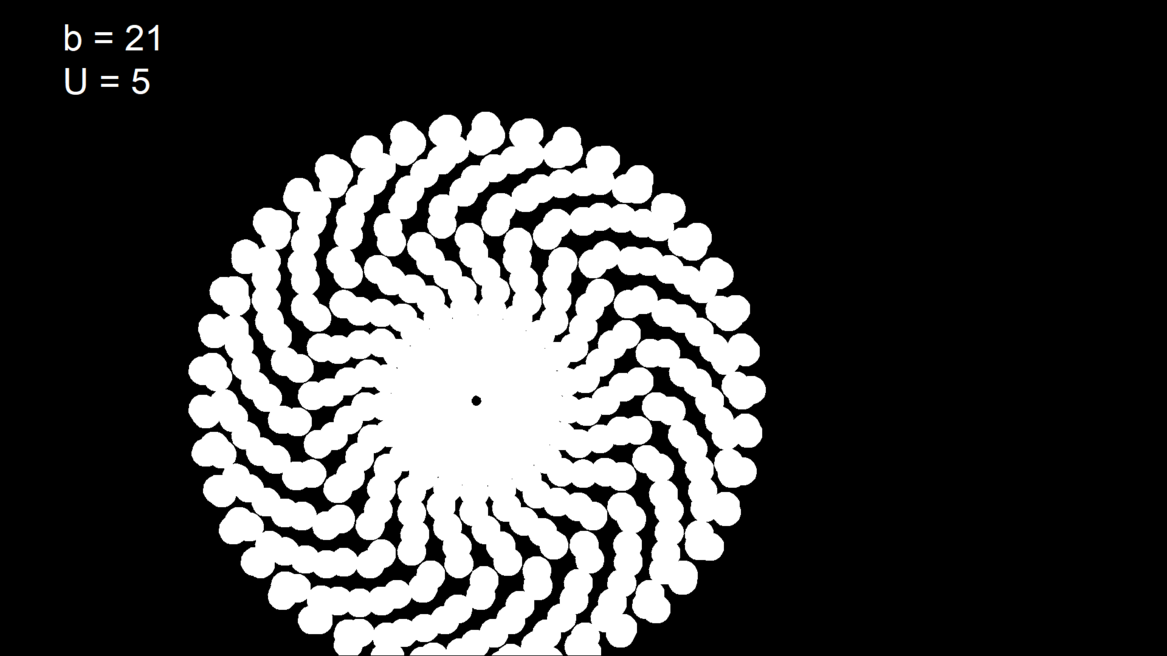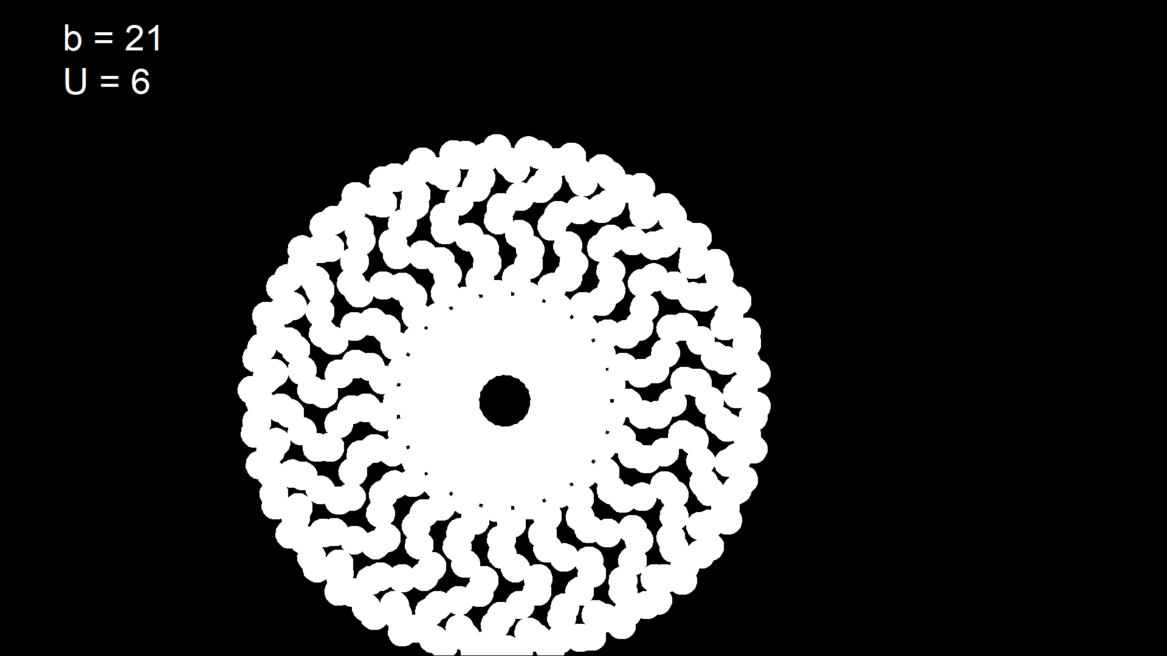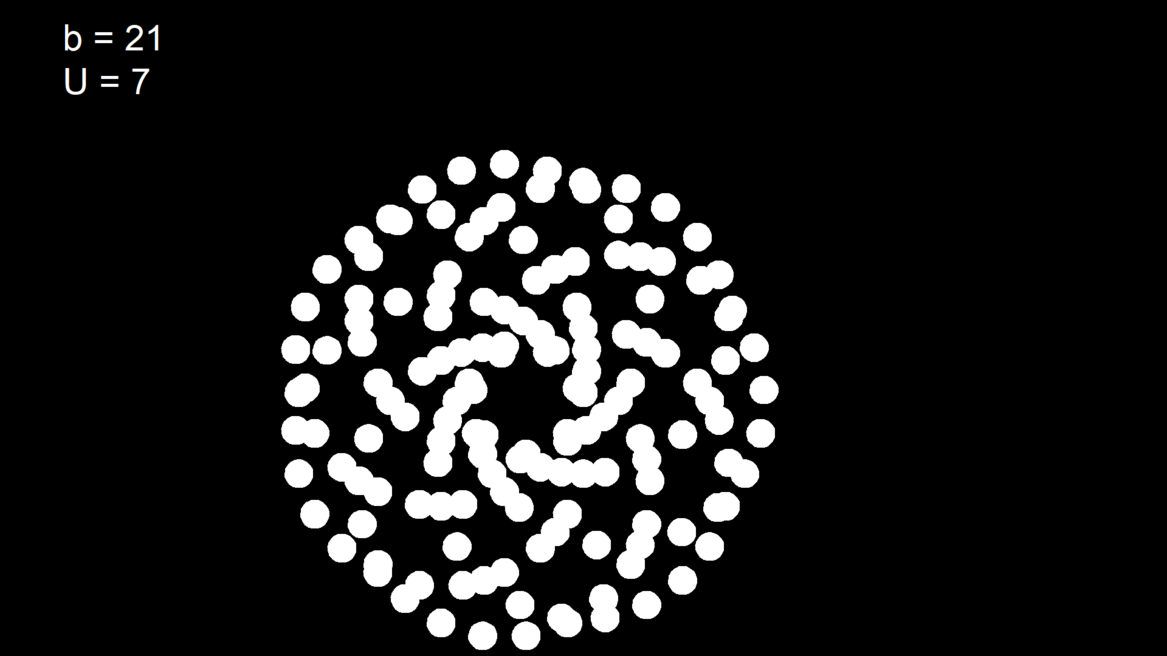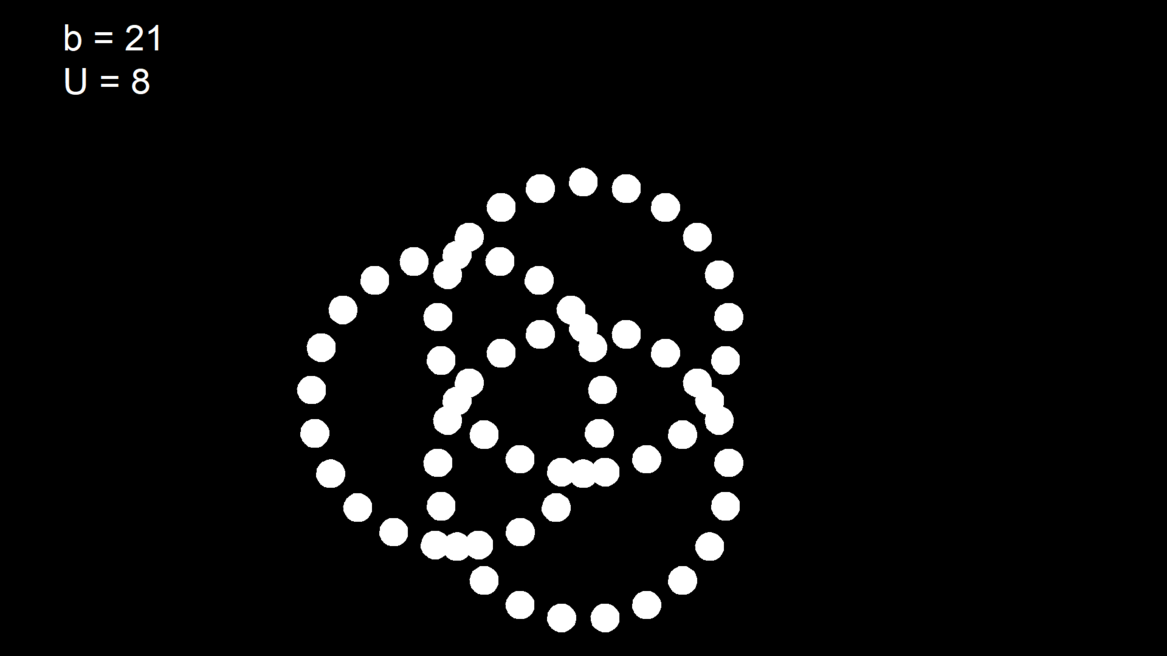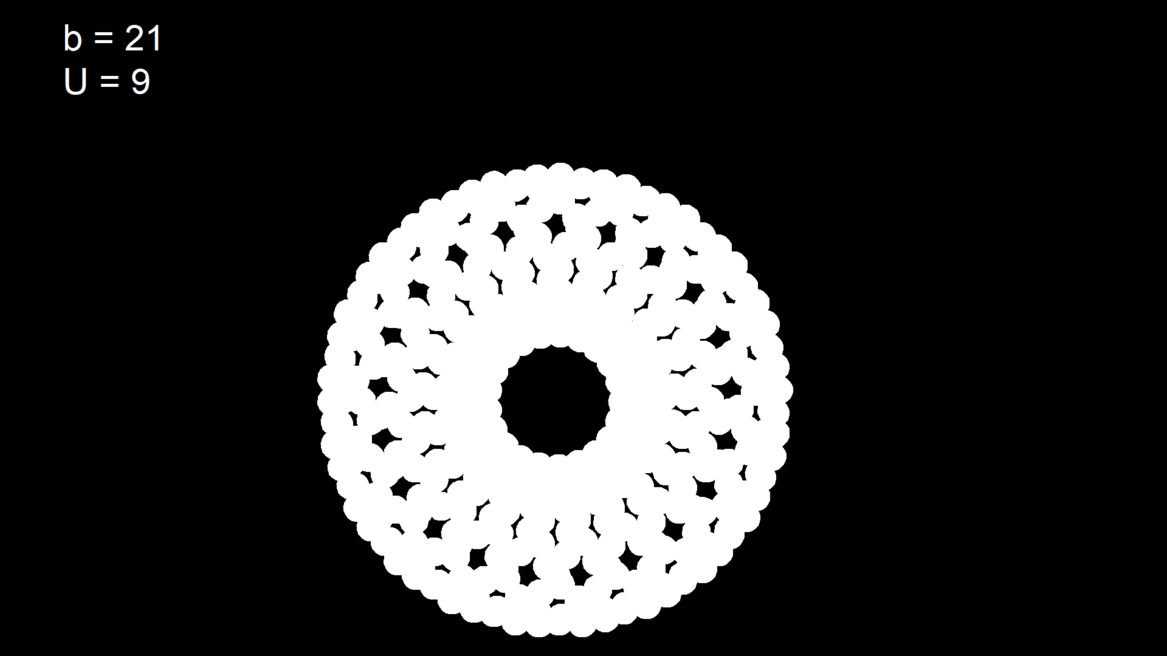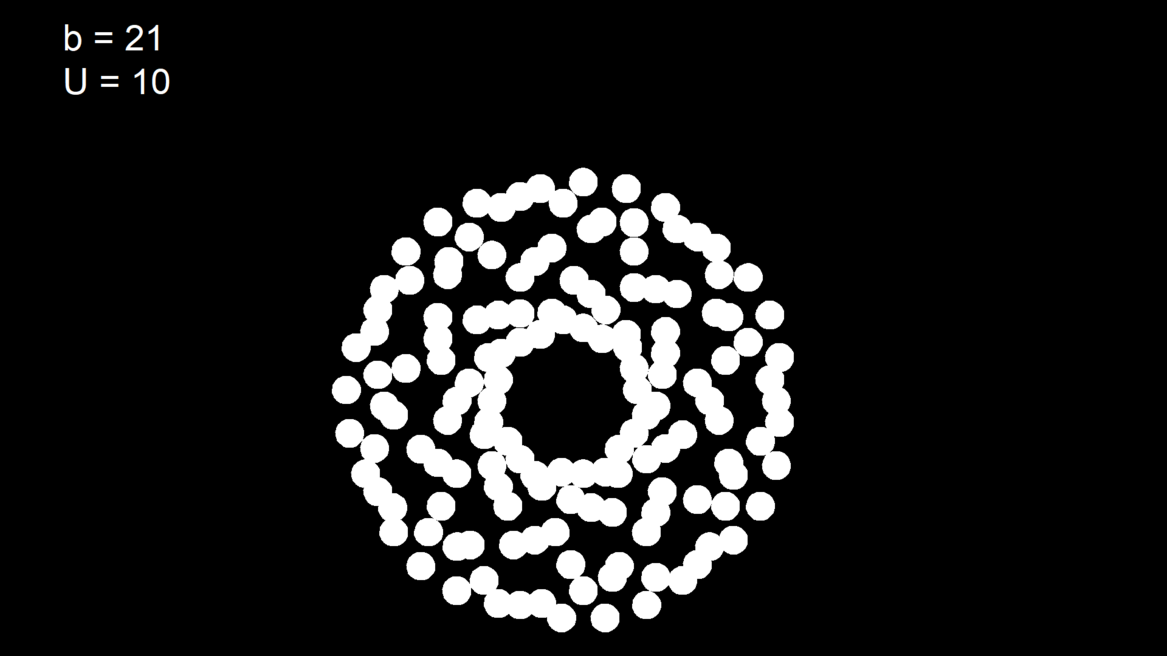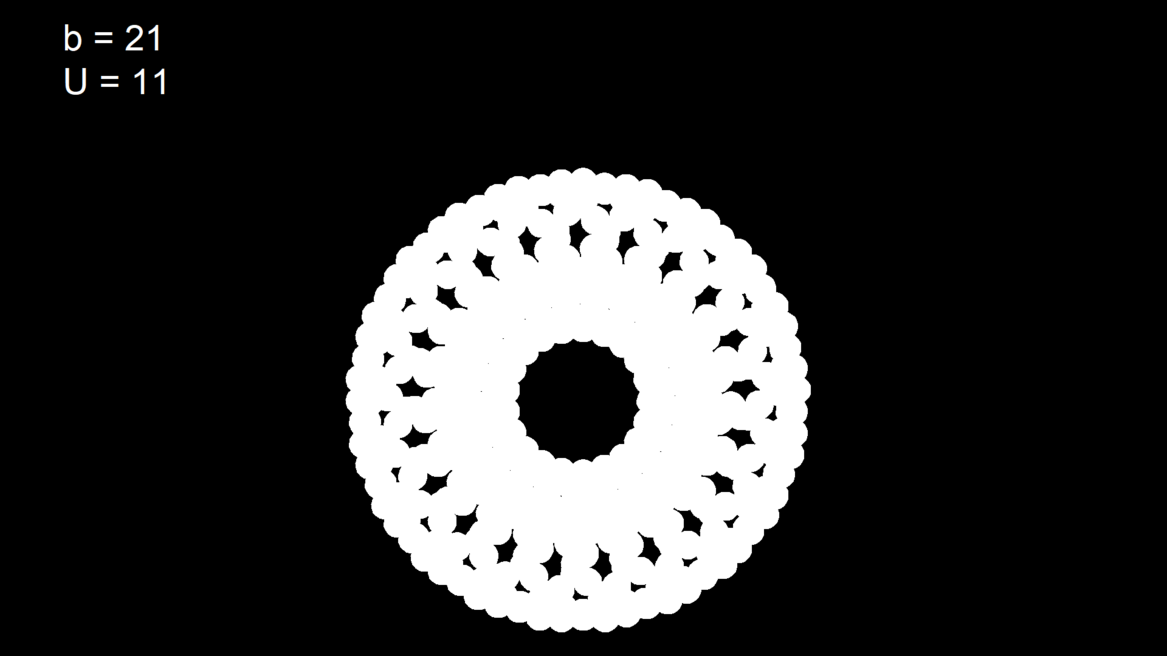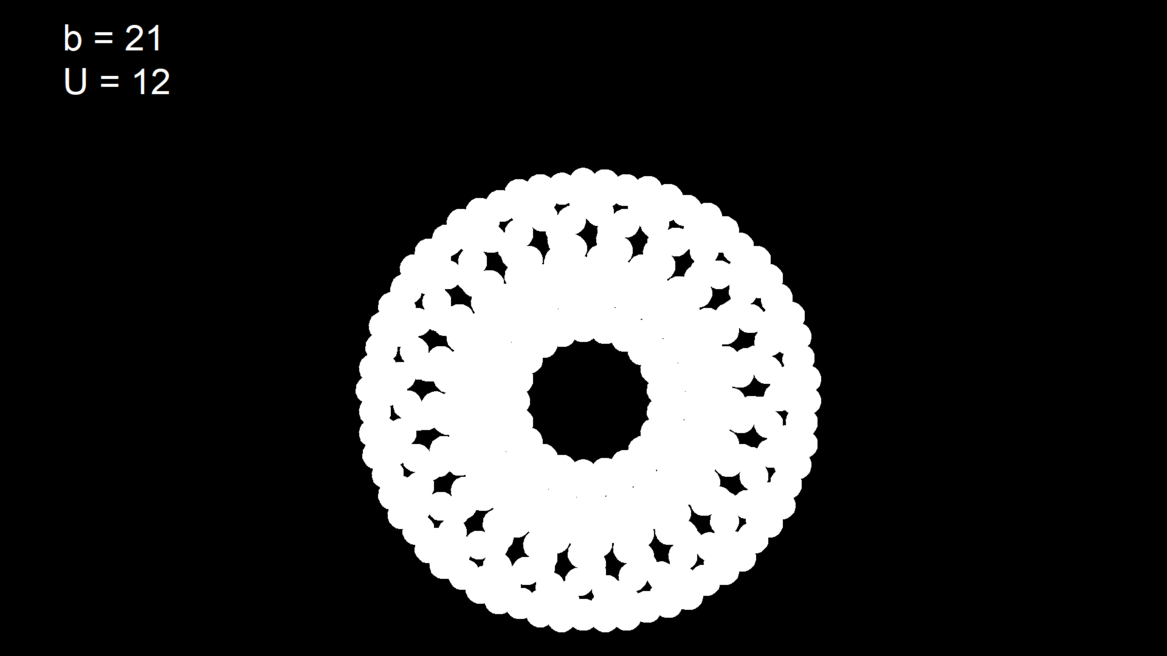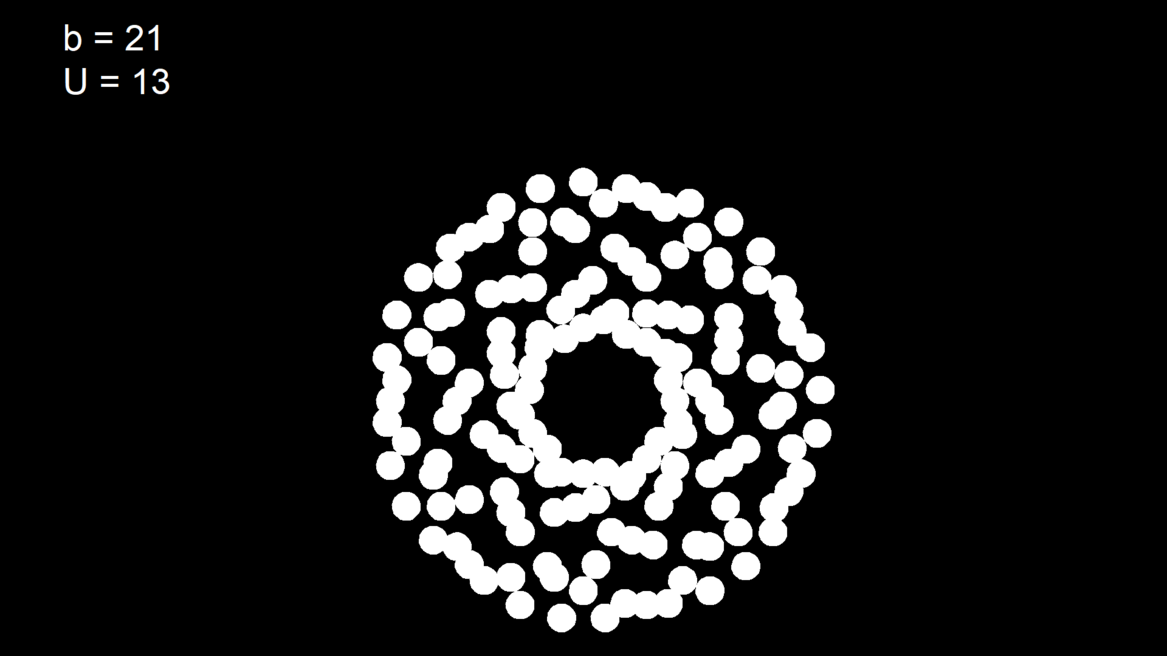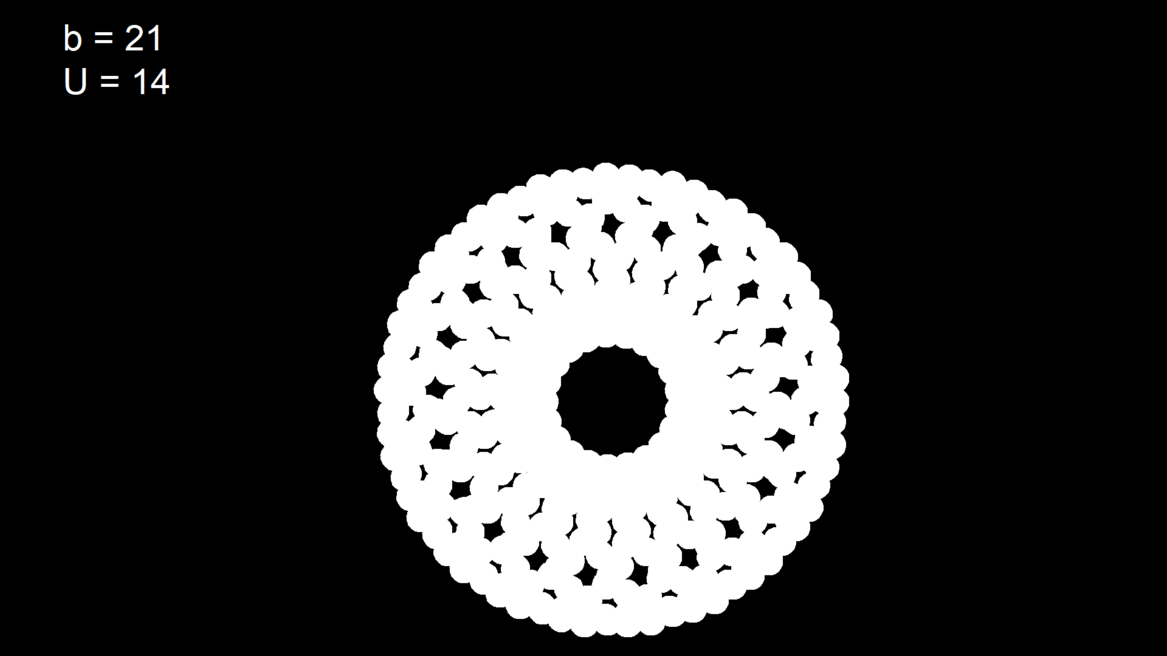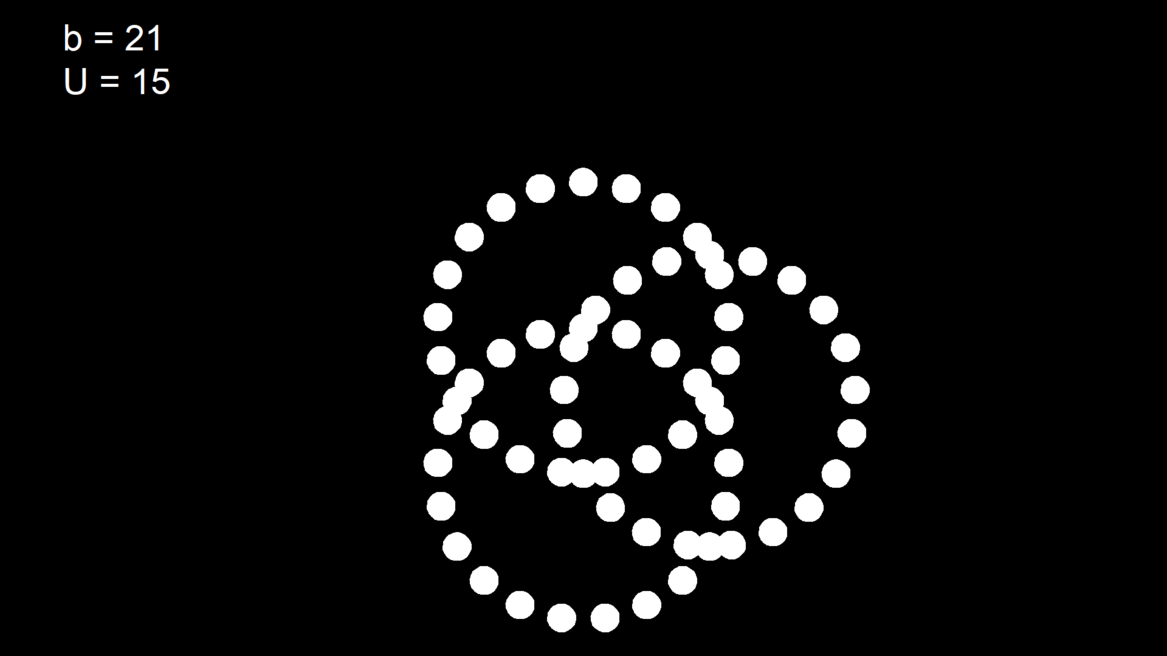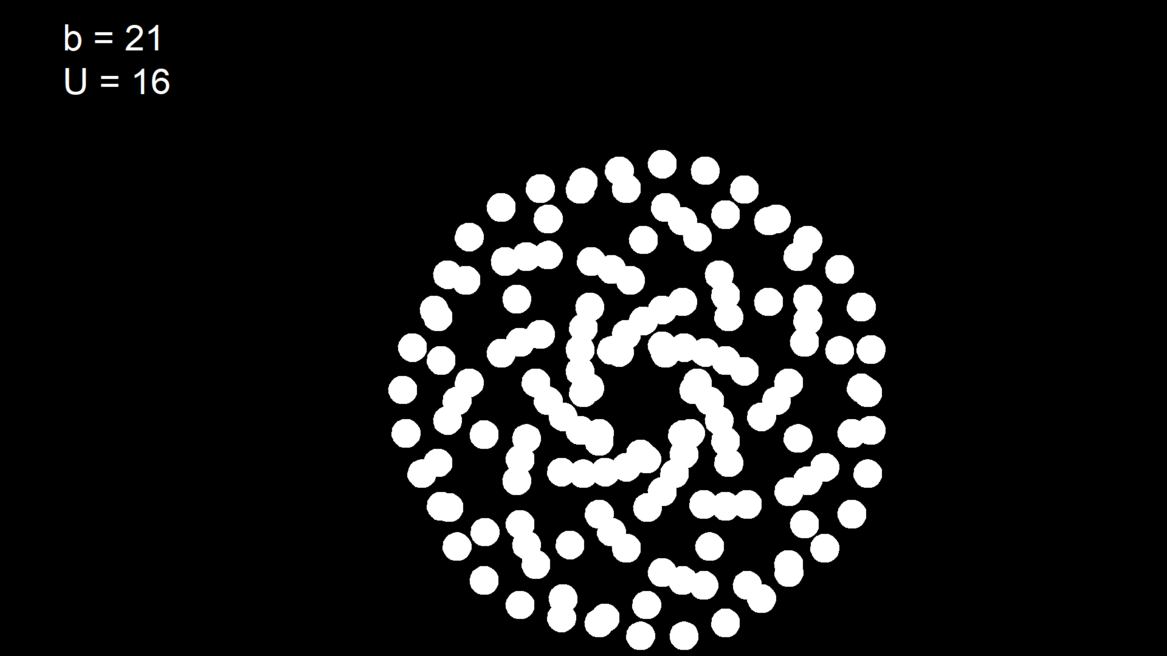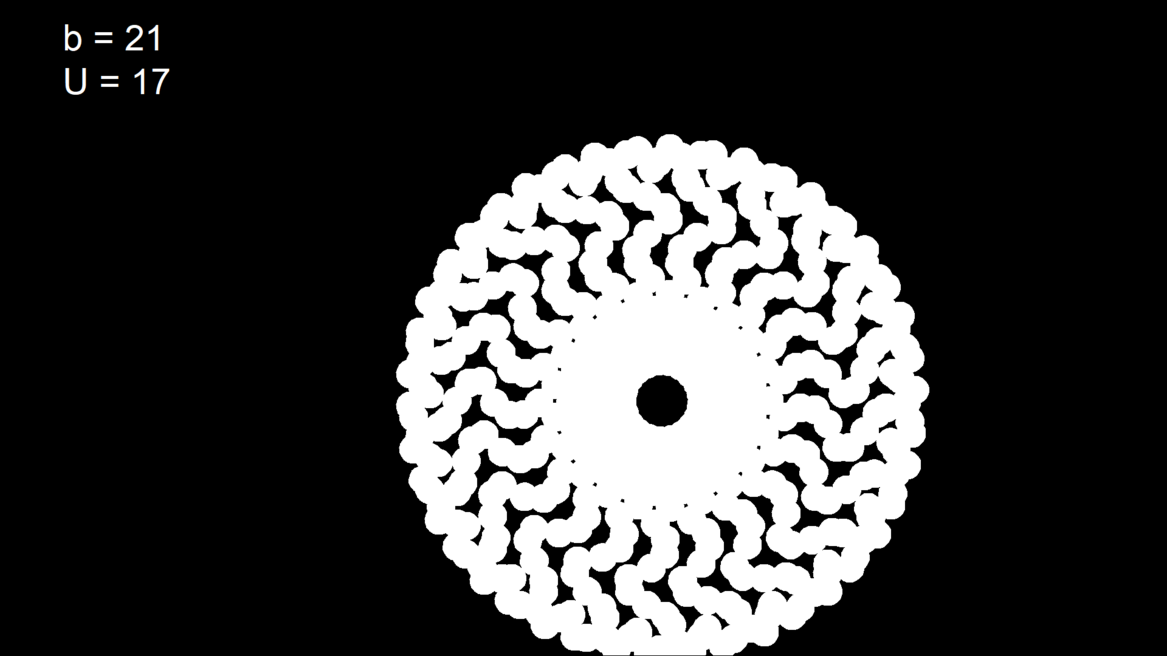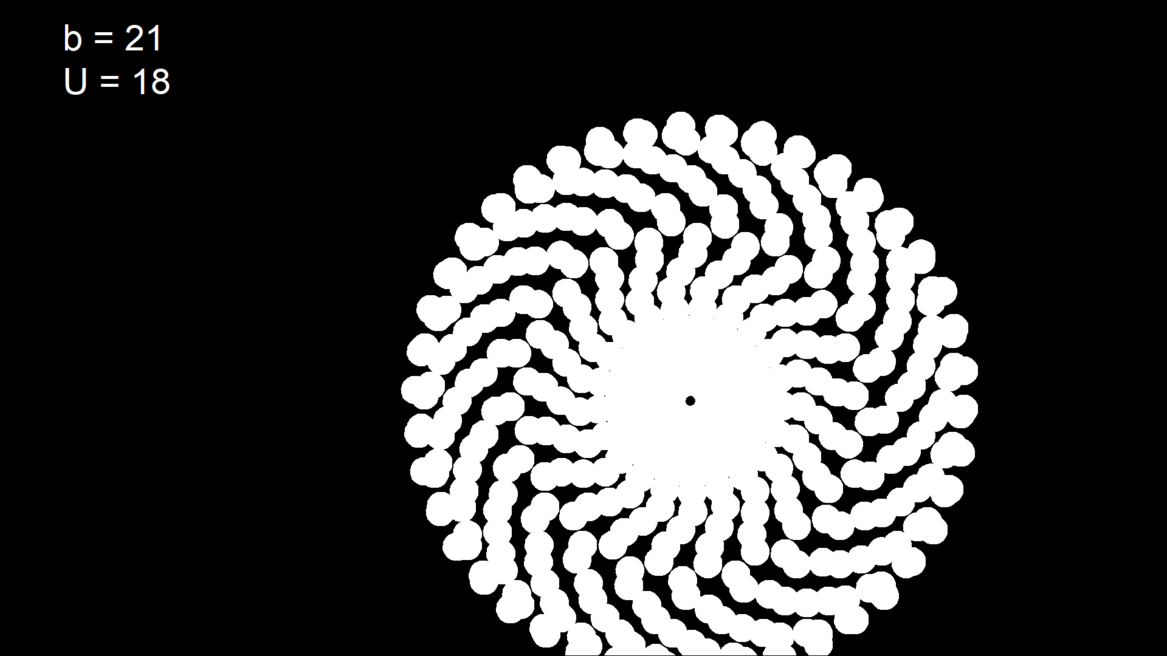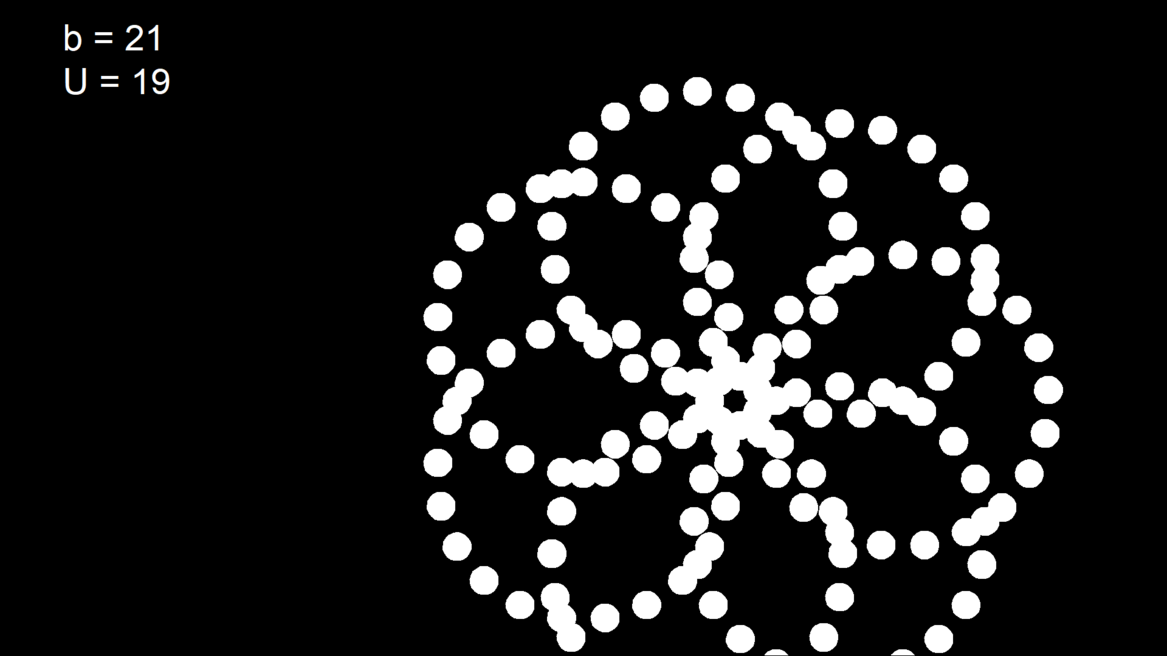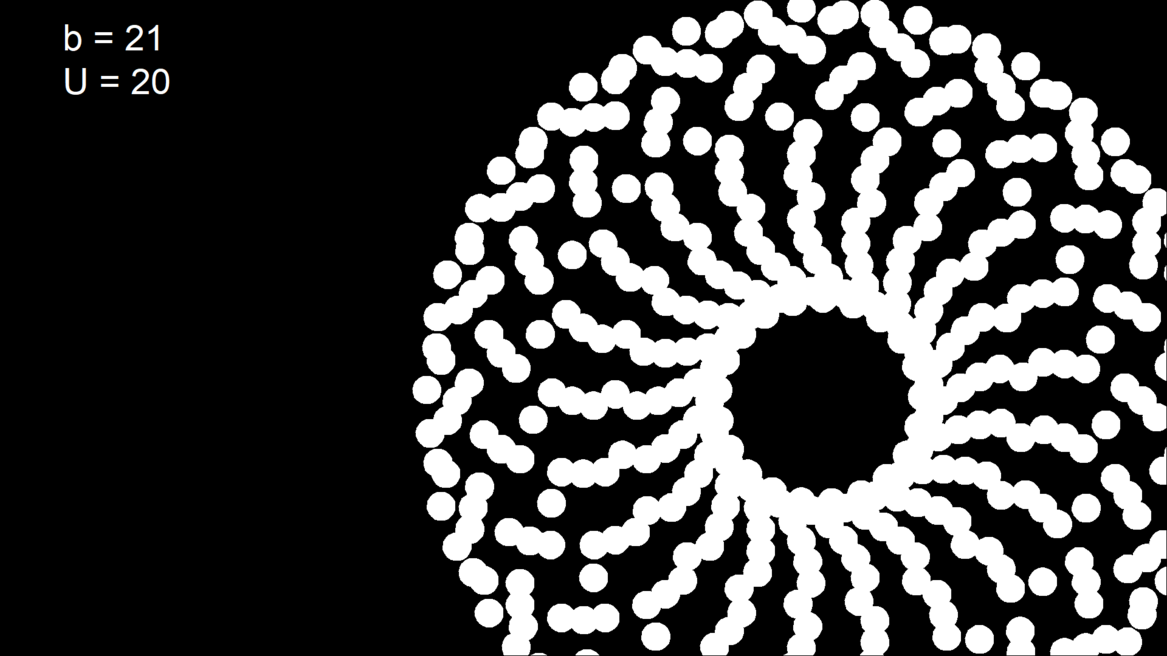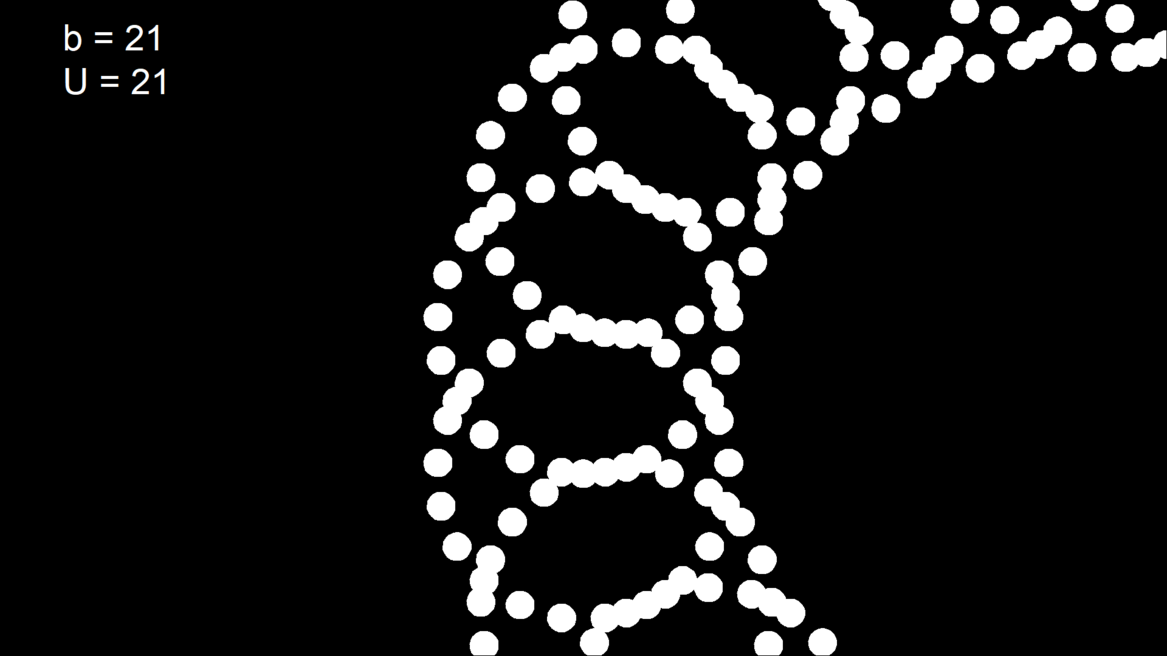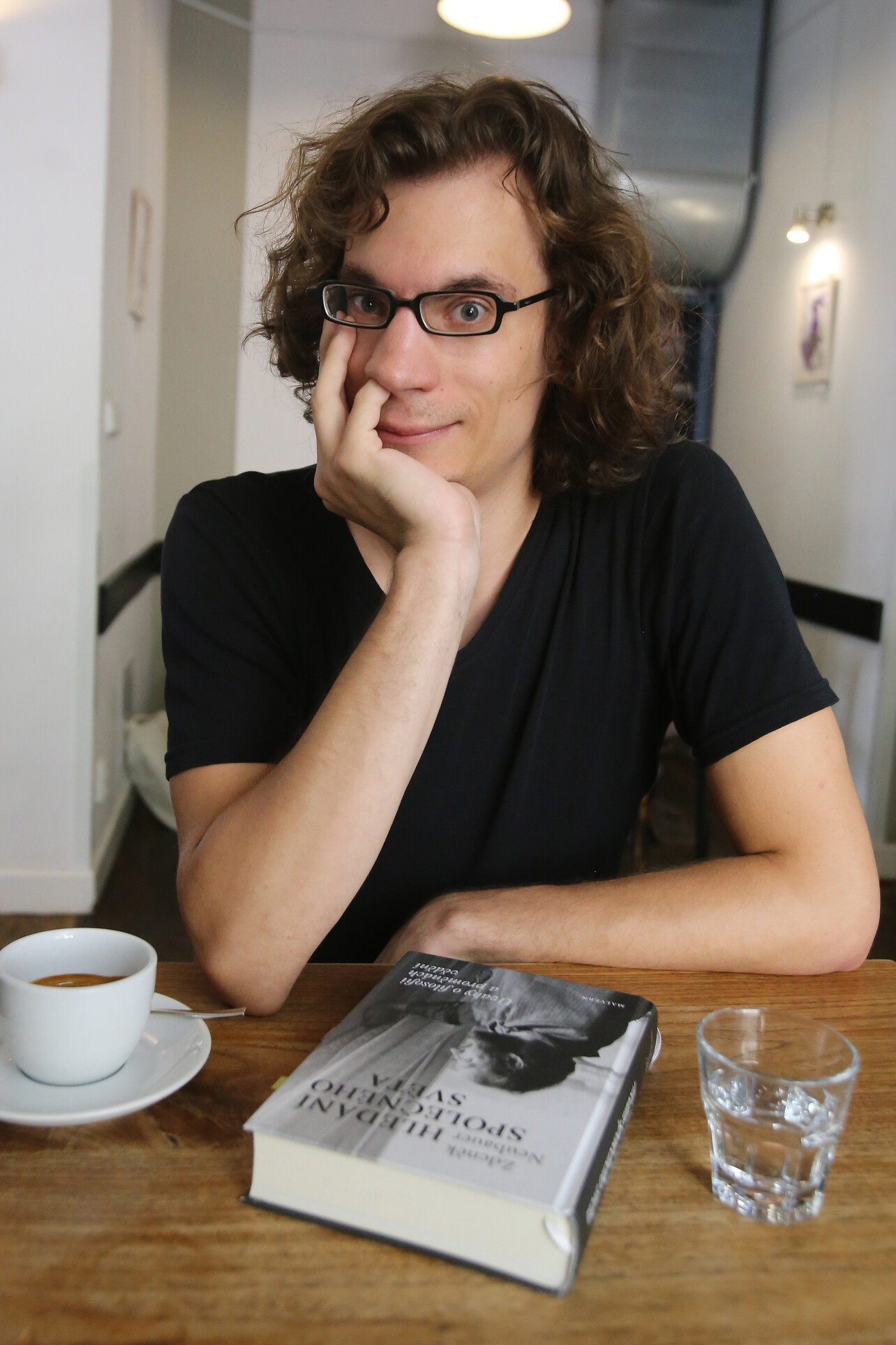Petr Tureček
Bereich: Literatur
Key Facts
Nationalität
TschechienBereich
LiteraturWohnort
PragEmpfehlende Institution
BMEIAZeitraum
Mai 2019 - Juni 2019Petr Tureček was born 2.8.1990 in Pelhřimov (Czech highlands). He has studied biology in Prague (2009-2015). Currently he is working as a Ph.D. student specialised in Theoretical and evolutionary biology (2015-present). His main interests are cultural evolution and human mating. He has also worked as a Graphical designer in National Museum of Agriculture and a camera salesman. He has co-authored several journal articles and one book chapter and has presented his work at many scientific conferences (updated list of these contributions can be found at: www.researchgate.net/profile/Petr_Turecek).
Petr Tureček is the author of a children’s book "Vlasy se vrací" (Meander, 2017) – "Hair Return" and a poetry book "Ptáci a prdele letěli vesele (Petr Štengl, 2018)" – "Birds and Asses Flew Happily". He is a member of several international learned societies (ISHE, EHBEA, PTNCE) and Czech Writers Association. Petr Tureček plays the guitar and sings in a band called Slzný splín (probably non-translatable name). He has published a poetry fanzine with his friends called Blázni.cz, on-line version can be found here: www.blazni.cz He is also cooperating with a contemporary art gallery 8smicka (8smicka.com/en).
I plan to get some alone-time to finish my latest work. It is a very specific pseudo sci-fi novel taking place approx. 40 000 years in the future. The humans have speciated into two almost distinct species and they do not know what to do with the situation. The human kind stagnated for almost the whole time. They do not understand their current technology, which is somehow bound to the structure of cognitive space-time. They would like to organize some traditional genocide, but they are no longer capable of an aggression of any kind. They call a very old supersoldier from the year 3000 to help them organize this, but he is not very willing to help. Everything in this book should be very confusing. It has two reading frames – chronological (Χρόνος) – as a history book - and kairological (καιρός) – as a sci-fi novel. The two types of page numberings will lead the interested reader. Each mode of reading should offer different experience. The book is accompanied by simple symbols which should embody the main problems of interpersonal semiosis and communication. It will be hilarious, I think.
Also I will bring my guitar and host a Nietzschean workshop/noise session for children with post-apocalyptic famfrnochs, home-made instruments from plastic cups, fishing line and dish sponge.

